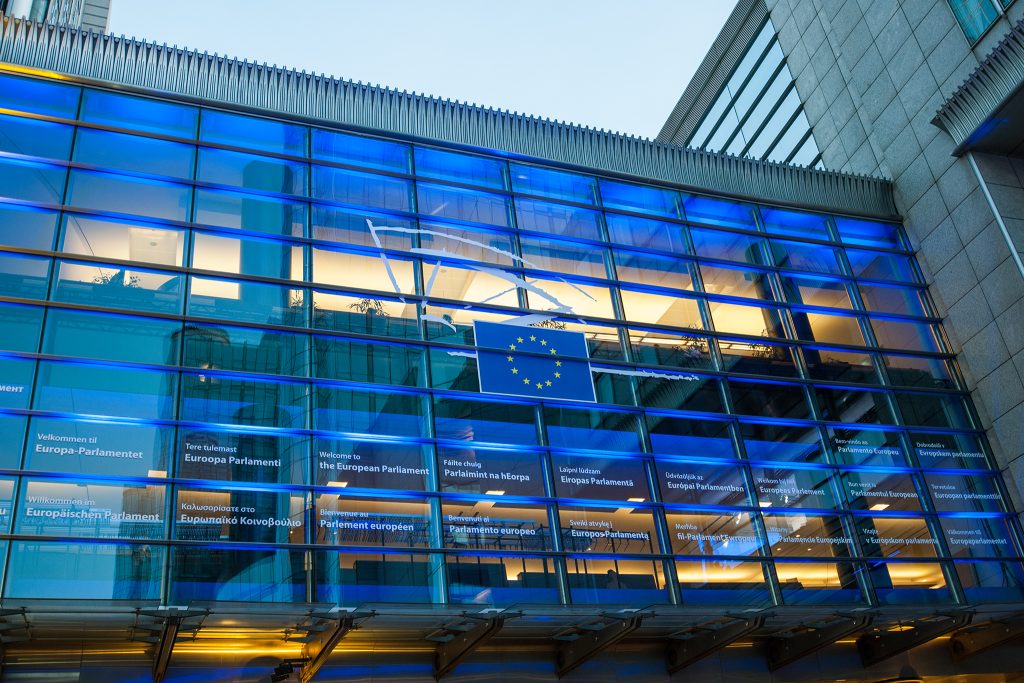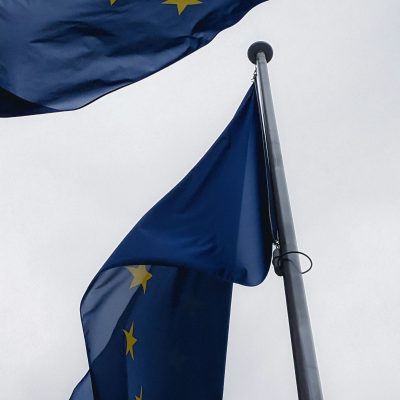Parlement européen 2019: quel hémicycle? quelle Europe?

Une montée des extrêmes ? Elle est probable, mais elle sera sans doute limitée à l’échelle du Parlement : seuls les grands pays envoient des contingents importants de députés européens, le départ des députés britanniques amoindrira le camp des nationalistes, les courants classés à la droite de la droite traditionnelle représentent déjà 20% du Parlement actuel, et resteront probablement assez divisés.
Du côté de la gauche radicale, une forte recomposition n’est pas envisagée, même si elle pourrait légèrement progresser.
Les difficultés internes des deux grandes familles politiques traditionnelles, le PPE (Parti populaire européen, droite), et les socialistes/socio-démocrates, les affaibliraient au point de leur faire perdre la majorité de 55% dont elles disposent actuellement.
Au total, même si une majorité hostile à l’intégration européenne ou capable d’en modifier le logiciel actuel est moins vraisemblable qu’on ne le prétend, des majorités seront plus difficiles à construire à l’avenir et les relations inter-institutionnelles pourraient en être modifiées.
D’où le rôle à jouer pour le groupe du « centre », quelles que soient les options choisies par La République en Marche, ainsi que pour les Verts, qui devraient progresser, et compter davantage que par le passé.
Les rééquilibrages, voire une recomposition autour d’une charnière centrale, pourraient avoir des conséquences importantes sur la désignation du futur président de la Commission européenne qui est élu par le Parlement européen, et deviendra, de fait, le chef d’une coalition parlementaire qu’il faudra construire.
Ce texte est le produit des réflexions d’un groupe de travail présidé par Pascal Lamy, président emeritus de l’Institut Jacques Delors, avec Christine Verger, conseillère de l’Institut Jacques Delors comme rapporteure, composé de Pervenche Berès, députée européenne, Jean-Louis Bourlanges, député français, Monica Frassoni, co-présidente d’un parti européen, Valentin Kreilinger, chercheur au Jacques Delors Institut – Berlin, Alain Lamassoure, député européen, Alessia Mosca, députée européenne, et Geneviève Pons, directrice du bureau de Bruxelles de l’Institut Jacques Delors.








